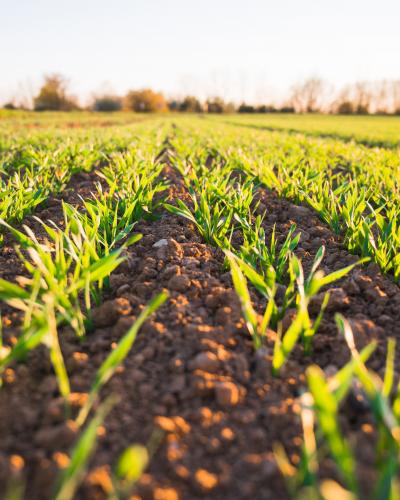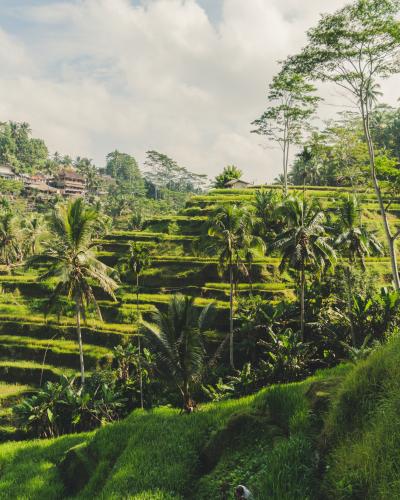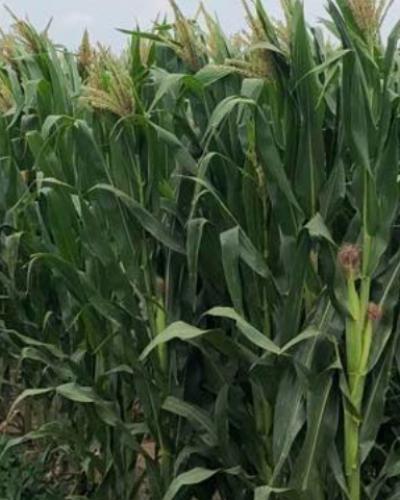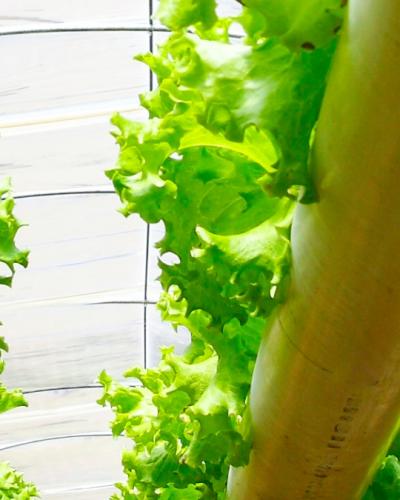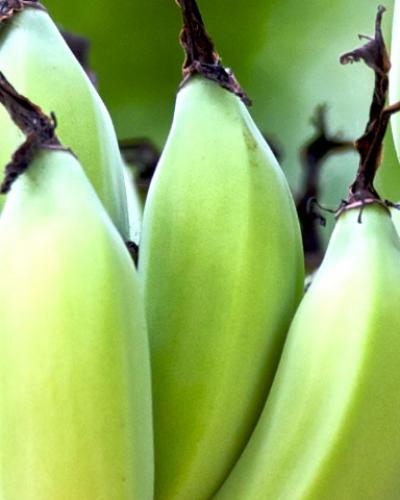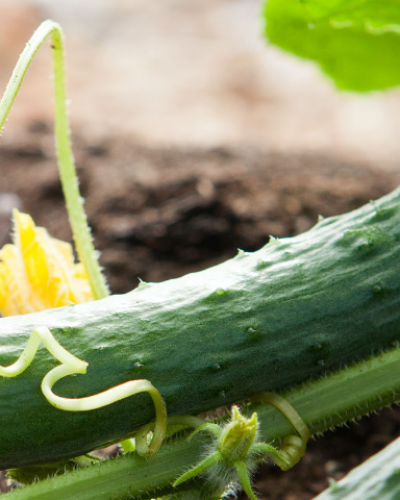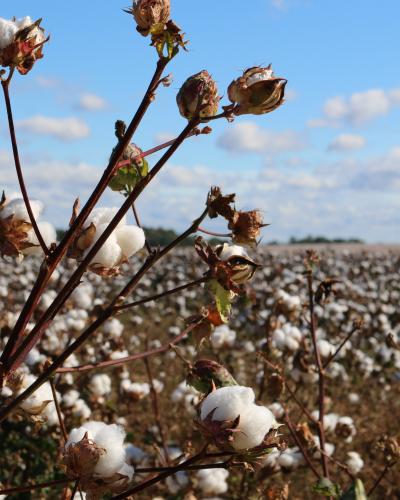It is well known that synthetic fertilizers and pesticides used in conventional agriculture adversely impact beneficial biodiversity both above and below ground. The heavy metals in these...
Aug 03, 2020
While many countries are implementing incentive programs to expand organic farming, it is important to understand why farmers are willing to adopt organic practices (...
Jul 27, 2020
China produces the majority of the world's peanuts, and their search to increase sustainable food production has researchers testing non-chemical methods of pest...
Jul 20, 2020
Hydroponic food production can help address challenges in terrestrial farming like shortages of water and good quality land. Food safety concerns have been raised, particularly when fish are...
Jul 13, 2020
Bananas are one of the most popular fruits imported from tropical regions across the world, and industrialized conventional monocultures of bananas are notorious for their extensive use of...
Jul 06, 2020
Powdery mildew is a hard to control fungus that can devastate a wide range of crops from cucumbers and zucchini to almonds and berries. Typical management of this disease includes the use of...
Jun 29, 2020
Consumption of organic foods continues to increase around the globe, and many choose organic for its health benefits. A recent review published in the journal Nutrients shows that increased...
Jun 22, 2020
Genetic modification is prohibited in organic production and a recent report "Cotton in Africa: Sustainability at a Crossroads," has been released by the Textile Exchange Pan-Africa Sourcing...
Jun 15, 2020
A new review, led by The Organic Center and published in the journal Organic Agriculture, highlights the benefits that organic farming has in reducing global nitrogen pollution, and details ways...
Jun 08, 2020
Healthy soil can simultaneously mitigate climate change by storing more carbon, and protect farmers against climate change because healthy soil is comprised of chemical and biological elements...

